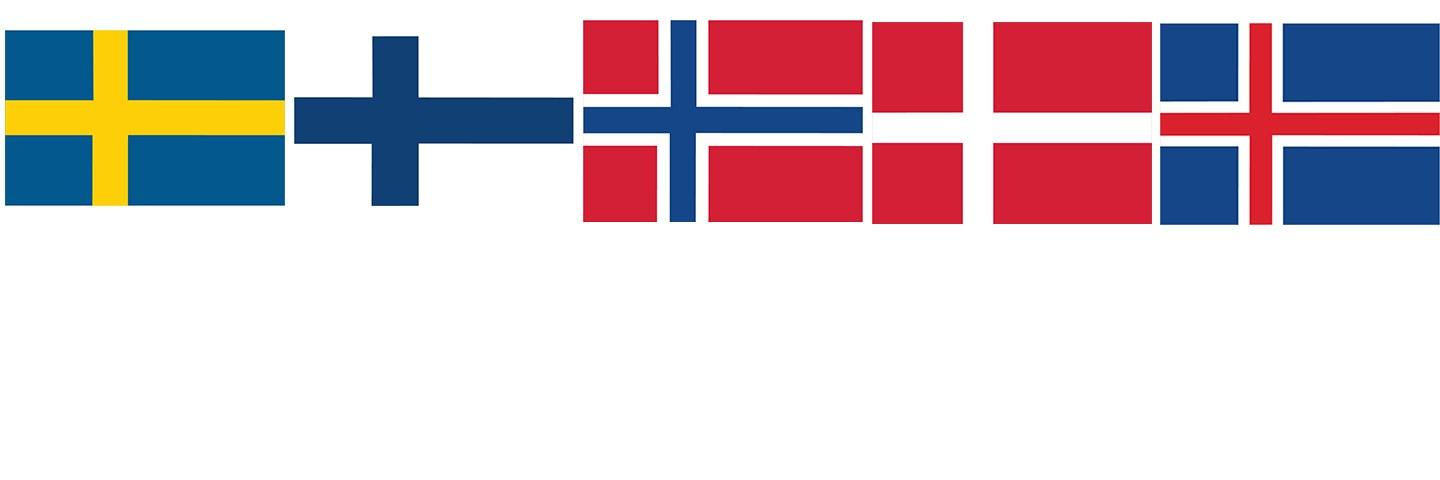This project concentrated on adolescents aged 14 to 17 where the risk of getting addicted to tobacco and other nicotine products is high.
Adolescents like to experiment and adopt behaviours belonging to the adult world. New trends like electronic cigarettes interest them while long-term risks, even if known, are not a concern. Adolescents are potential new consumers of e-cigarettes, heated tobacco as well as chewing tobacco and snus, usually containing highly addictive nicotine and having adverse health effects.
We used data from the European School Survey Project on Alcohol and Other Drugs (ESPAD) collected in 2019 in order to study what kind of tobacco and nicotine containing tobacco-like products, particularly e-cigarettes, the Nordic adolescents used, and whether there were differences between the countries.
We conducted focus group interviews among 16–17-year-old students in vocational schools and gymnasiums to study the reasons behind the use of the novel tobacco-like products, the importance of flavours and packaging design in uptake and regular use, and perceptions of health risks.
Additionally, comparative policy analysis was based on information of regulatory schemes in the Nordic countries including legislation and other regulations, official/semi-official tobacco control strategies, recommendations and other relevant sources. The analysis identified main differences and similarities between the countries’ approaches, possible gaps in regulations and novel regulatory approaches.
Recommendations for NCU were formulated.
The research groups
Tampere University, Faculty of Social Sciences, Unit of Health Sciences, Finland: Professor Arja Rimpelä, Project Researcher Jaana Kinnunen, University Lecturer Pirjo Lindfors, Researcher Anu Linnansaari, Research Assistant Antti Salonen
University of Copenhagen and Center for Clinical Research and Prevention, Denmark: Professor Charlotta Pisinger
Norwegian Institute of Public Health, Department of Alcohol, Drugs and Tobacco: Senior Researcher Janne Scheffels, Researcher RikkeIren Tokle
Finnish Institute for Health and Welfare: Senior Researcher Kirsimarja Raitasalo, Specialist Hanna Ollila
Funding source
NCU (Nordic Cancer Union)
